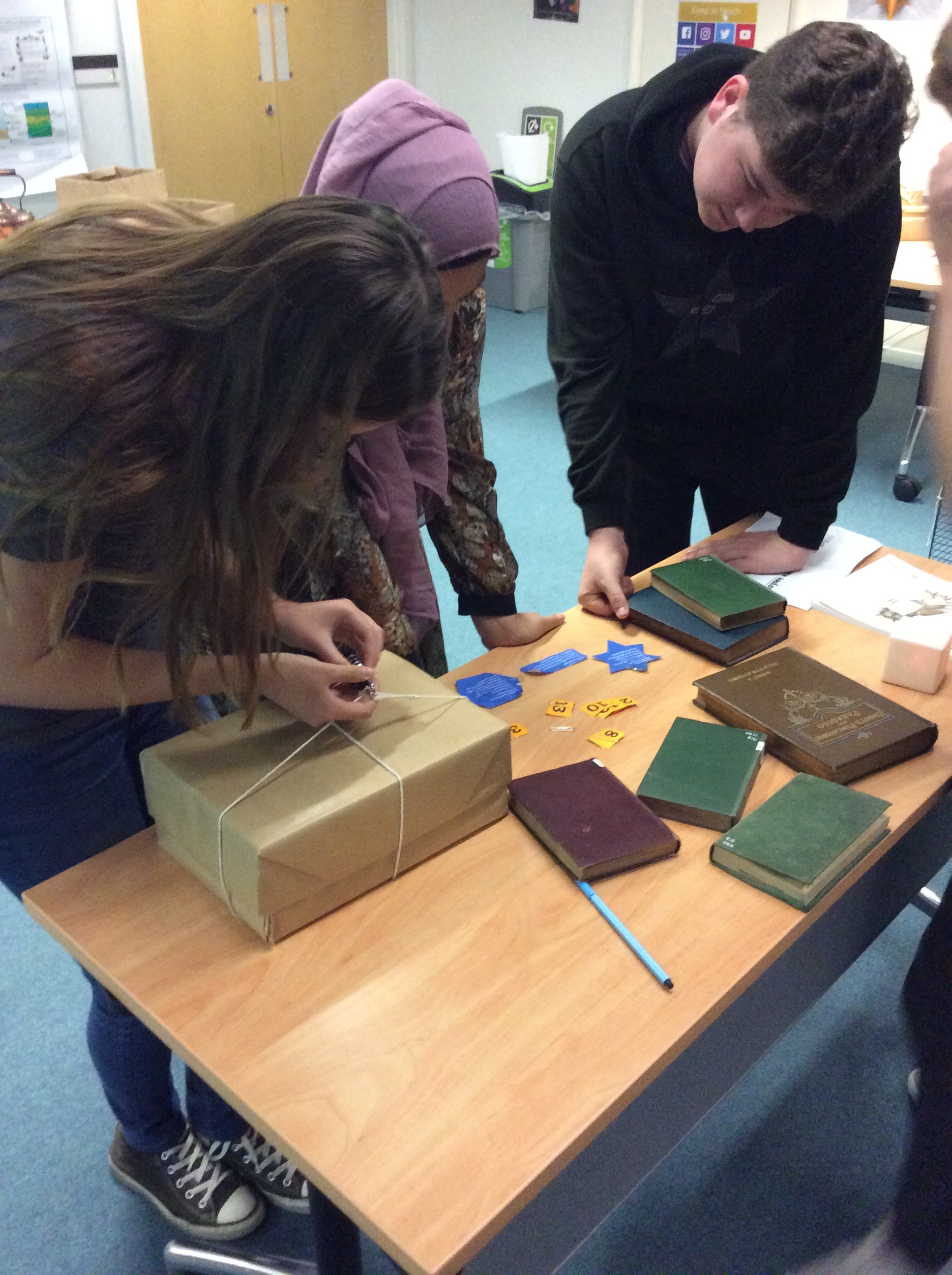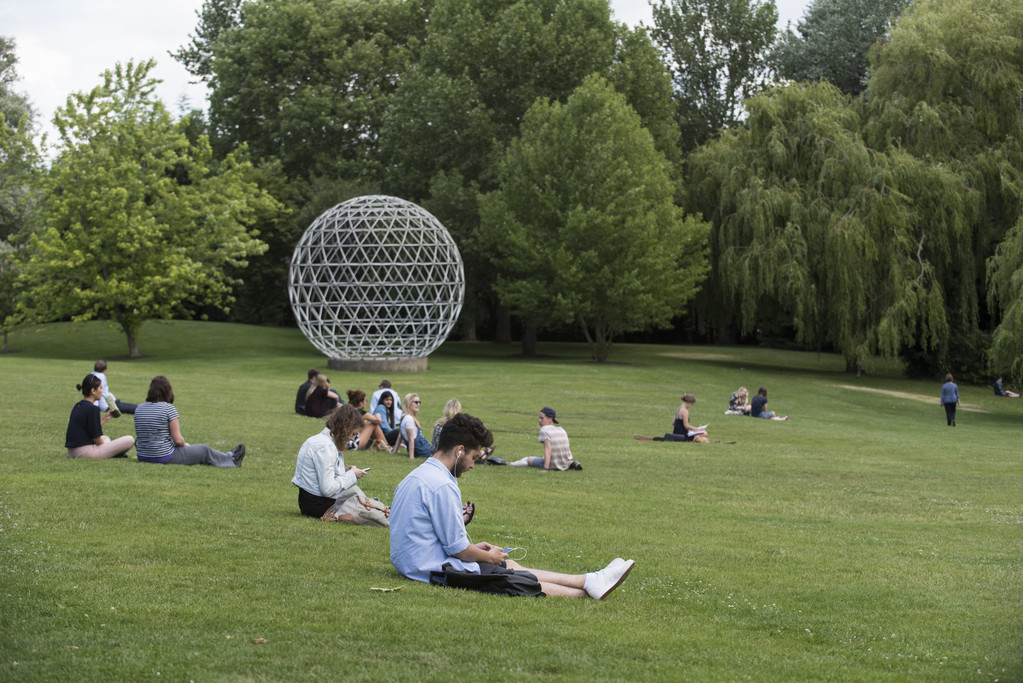The pressures and distractions for students today are many and varied. Hopes and expectations around university acceptance give way to worries about fees and funding, which then are superseded by concerns about study, employability, career and job progression. All these can take their toll on wellbeing, and on mental health.
Further, the challenges of conforming to a prescriptive, rigid or perhaps dated learning model in some instances may only aggravate stress. Across the world, academic institutions are modernising the pedagogy to work with students’ natural and intuitive ways of learning, rather than merely imparting knowledge. More than ever, we need to respond to the needs of students both in learning and wellbeing. I’ve heard students say that they can learn more on YouTube than in a conventional classroom; does this mean the classroom is no longer relevant?
This is one of the key challenges in the HE sector today. Students, teaching staff and senior management all have a wide range of strong views, as online learning sits sometimes uneasily alongside desks, chairs and whiteboards. Each pedagogical approach, of course, has its merits. Ideally, we would provide a blended approach that caters for a diverse range of learners and learning styles. Most disciplines can be fun and practical to learn, especially at the introductory level; it’s only as we go deeper into a topic that teaching and learning methods may have to focus and intensify. And we should be able to find a way to take full advantage of digital capabilities while also staying grounded in a physical community of the mind that makes classroom teaching, discussion and facilitation so convivial and rewarding on a personal level.

In the ‘escape game’ learning model, students work in teams to break out of a room or solve other real-world problems by completing a series of puzzles and tasks.
As a fundamental part of our ongoing curriculum review and re-design, here at Surrey we are carefully considering this very issue: how do we embed resilience and resourcefulness within the curriculum itself, not just as separate resources (for example, single modules, or mindfulness sessions) but as part of the pedagogy? By drawing together our Centre for Wellbeing, academics and library and learning development staff, we are designing an academic experience that supports the student as a whole person, enabling them to be resourceful and resilient through the development of attributes such as open-mindedness, agility, independence, persistence and connectedness.

We’re taking a keen look at whether we can be teaching and assessing in ways that may be more helpful and enabling, and creating a flexible pedagogical and assessment structure that actively supports wellbeing in every facet. It’s the confluence of personal and academic resilience and resourcefulness that is going to further equip our students to excel both now, and in their personal and professional lives in the future. Mental and emotional agility and flexibility are tools for life. Going beyond the curriculum, we are also exploring how the wider University experience, including opportunities to engage in a professional training year or in volunteering and community-based activities, will build both confidence and resilience. Increasingly, universities recognise that excellent student experience is far more than the pursuit of academic excellence; it is also about an educational journey leading to a happy, healthy, and intellectually curious life.
